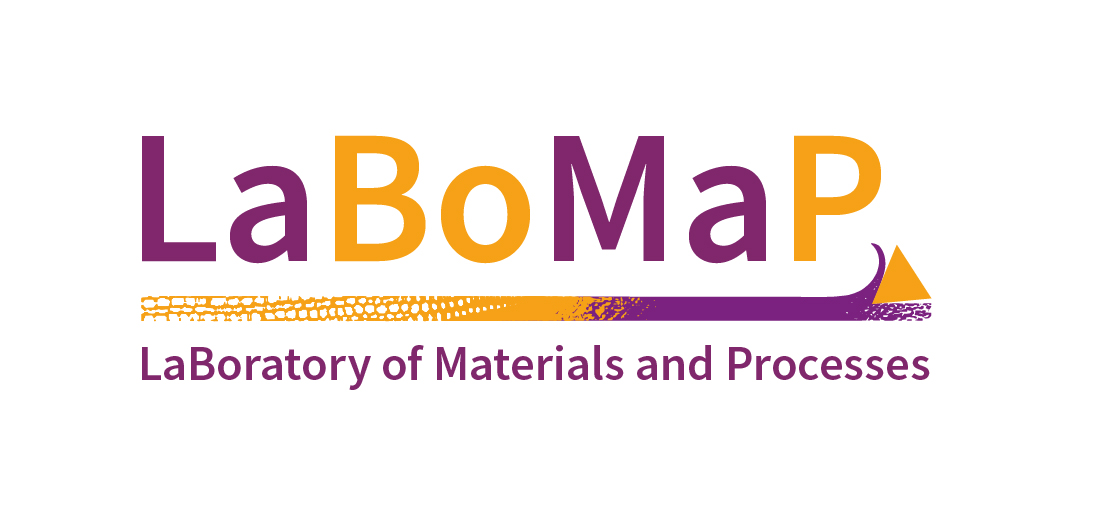LaBoMaP Directory PhD students Soutenance de thèse de l'année 2025
WATIEZ Noé
Published on October 21, 2022 – Updated on December 15, 2025
Le procédé PVD numérique pour la prédiction des propriétés morphologiques et mécaniques des couches minces, soutenue le 23/10/2025 au campus Arts et Métiers de Cluny

Thesis Topic
Digital PVD process: application to thin films' morphological and mecanical propertiesProcédé PVD numérique : application aux propriétés morphologiques et mécaniques des couches minces
Abstract
Glancing Angle Deposition (GLAD) is a technique used in Physical Vapor Deposition (PVD) to prepare thin films with specific properties. During the deposition process, a tilt is introduced between the sputtered atoms flux and the normal of the substrate surface. By shadowing effect, this induces the formation of tilted nano-columns that affect the properties of the coating.My PhD focuses on improving the predictability of these properties. The process can be separated in x steps.
The first step was to prepare a comprehensive simulation of the process. This part is done using existing software to compute sequentially the sputtered atom flux from the target (using SRIM), the transportation of said atoms in the chamber (using SIMTRA) and finally the growth of the film on the substrate (using Virtual Coater). The resulting simulation is presented as a point cloud representing the virtual film. This representation however leads to some bias as well as difficulties to run some calculations, namely in mechanical simulations.
The second step of my PhD aims at addressing one of the major biases induced by the simulation : the columnar morphology cannot be properly analysed using only the simulation results. I have designed a methodology aimed at modelling the columnar morphology of the film from the simulation results. I then digitalised the process through Python programming in order to make a plugin to implement this step for Virtual Coater.
The third step is mechanical simulation. In order to prepare for the computing, I designed a methodology in order to turn the point clouds from the simulation into meshes while guaranteeing both the computability of the resulting meshes and coherence with the columns expected for the GLAD process. Numerical simulation based on the generated FEA meshes are then investigated using Abaqus Code.
Doctoral advisors
- José OUTEIRO - Director,
- Aurélien BESNARD,
- Hélène BIREMBAUX,
- Ruding LOU.
Partner(s)
Project
N/AFunding
- APCD (French Ministry of Higher Education and Scientific Research)

